| Structure | Name/CAS No. | Articles |
|---|---|---|
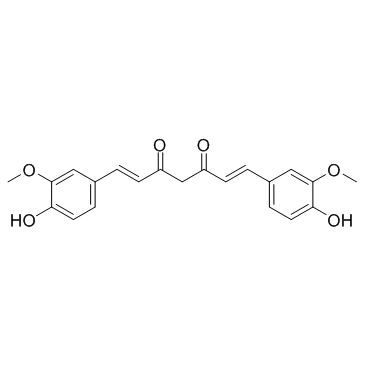 |
Curcumin
CAS:458-37-7 |
|
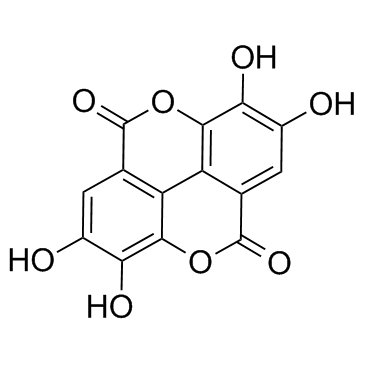 |
Ellagic acid
CAS:476-66-4 |
|
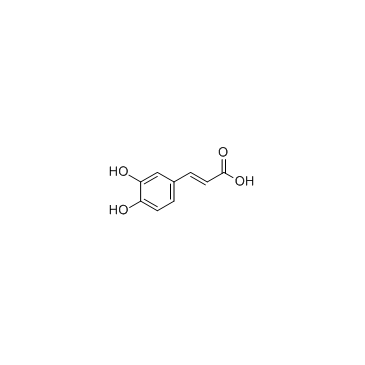 |
Caffeic acid
CAS:331-39-5 |
|
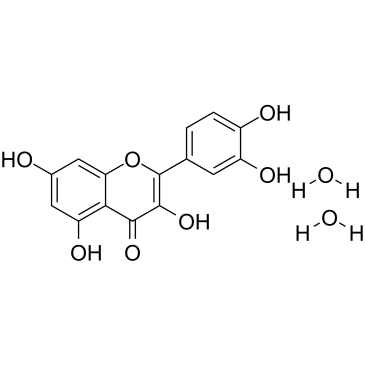 |
Quercetin dihydrate
CAS:6151-25-3 |
|
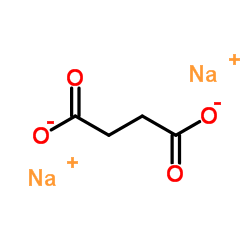 |
Disodium succinate
CAS:150-90-3 |
|
 |
HUMAN VEGF165
CAS:127464-60-2 |
|
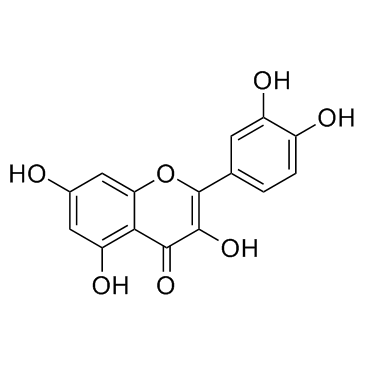 |
Quercetin
CAS:117-39-5 |
|
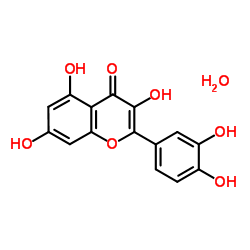 |
Quercetin (hydrate)
CAS:849061-97-8 |